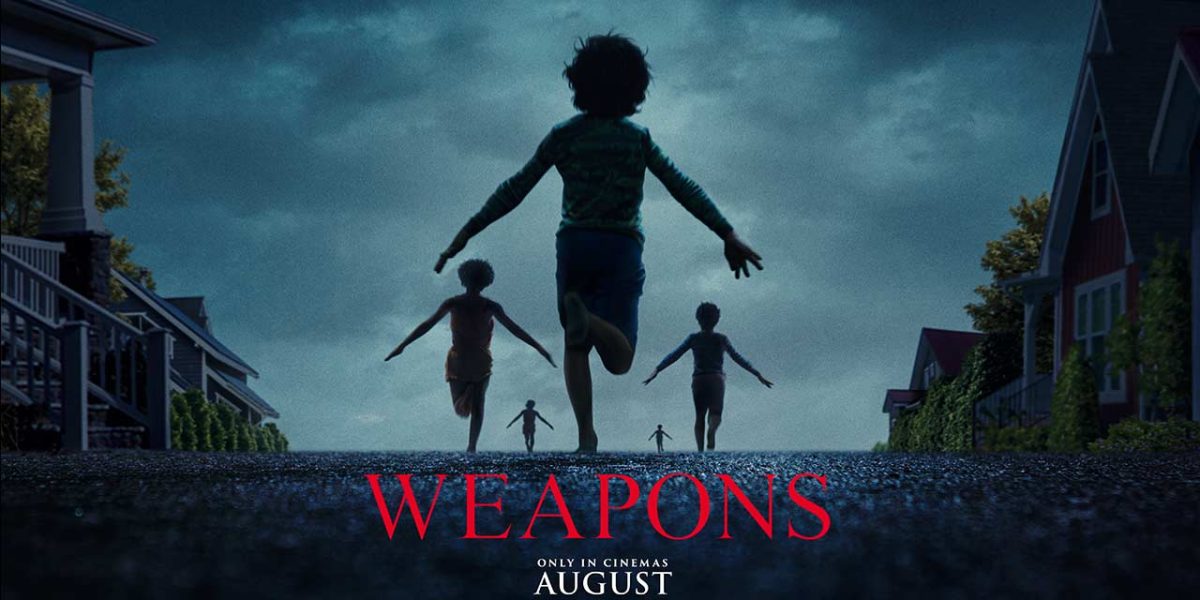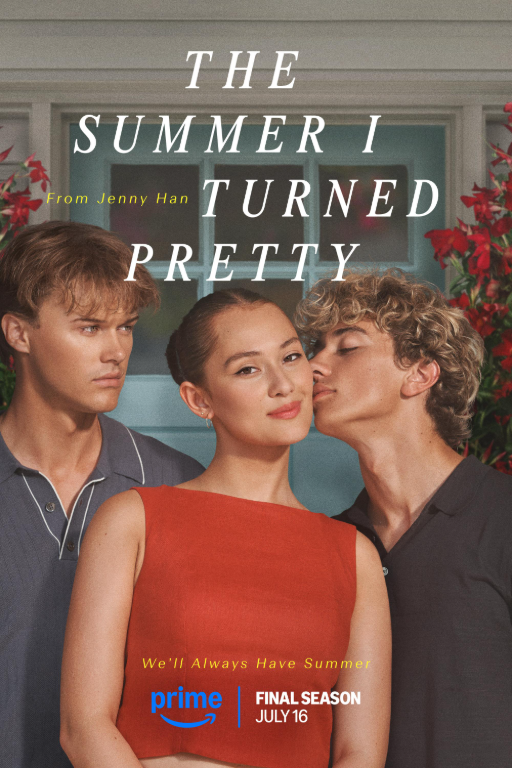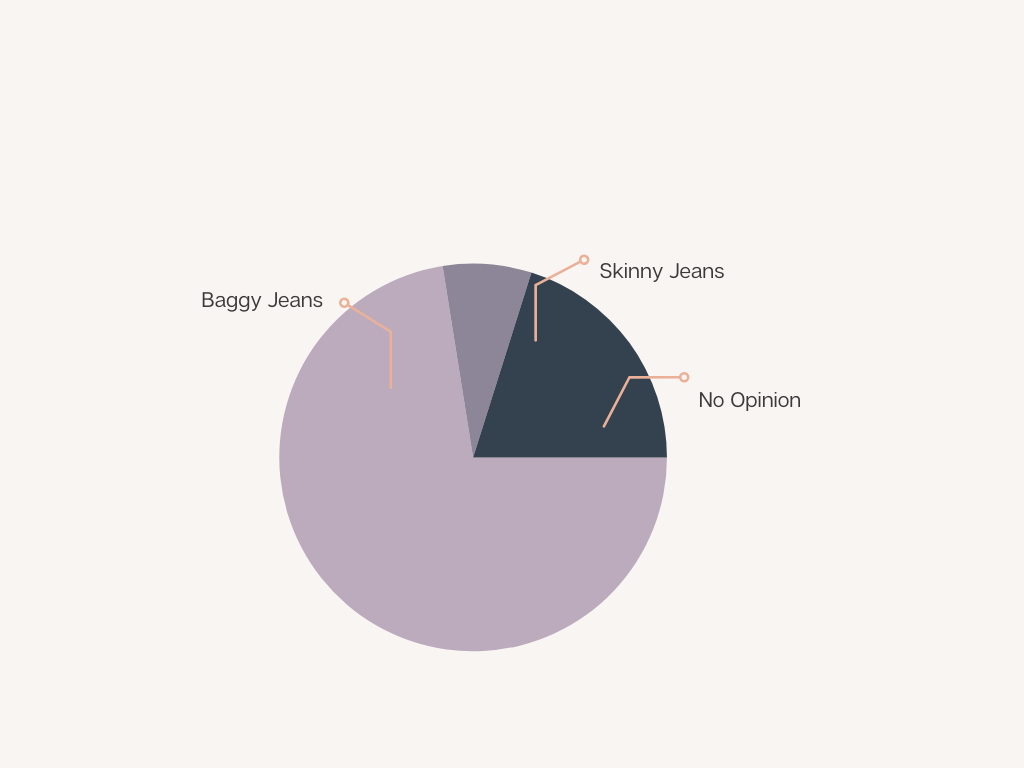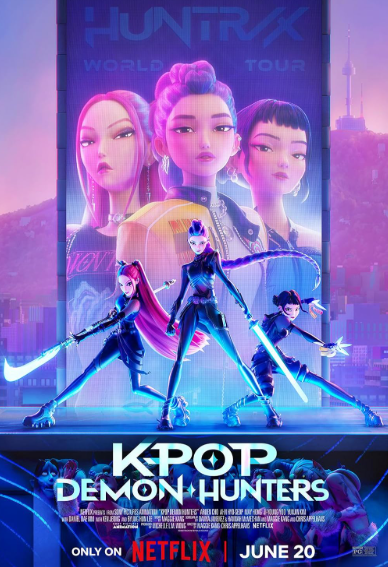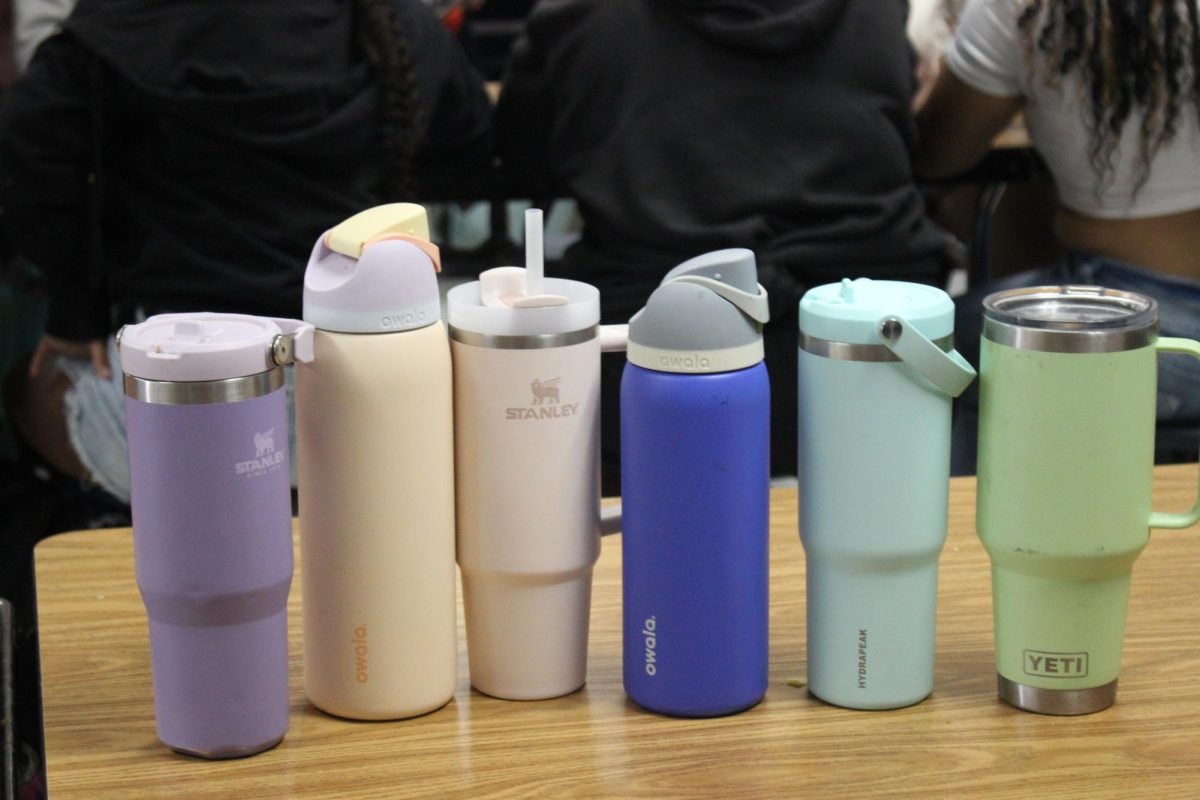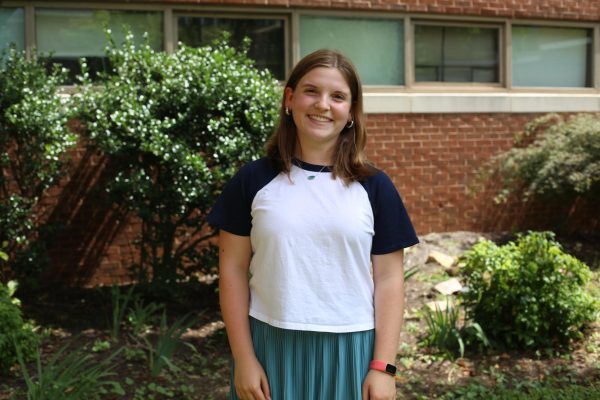
On Aug. 15, 2025, Conan Gray released his fourth studio album, “Wishbone,” in partnership with Republic Records. It is his second album release in the last year, with Found Heaven having been released in April 2024.
He first teased the release of the album in May, and then released singles; “This Song” and “Vodka Cranberry” over the summer, both of which have highly-regarded music videos available for streaming on YouTube.
Gray paired up with producer Dan Nigro, who is well known for collaborating with artists such as Chappell Roan, Olivia Rodrigo, and Hayley Williams of Paramore.
When I first listened to “Wishbone,” I couldn’t help but sit and stare at my bedroom wall. Gray’s belting, melancholic voice sounded like a scream for someone to come back despite knowing that it was an impossible wish. I have not usually paid attention to Conan Gray’s music, and was surprised that I enjoyed the album so much.
I loved how many parallels were drawn between different songs, such as the time 11:11 and the wish associated with it is mentioned in “This Song,” and “Eleven Eleven.” Gray also contradicts himself about his conflicting romantic feelings, emphasizing an indecisiveness about this person.
For example, in “Romeo,” he sings “I hope you know I’m never going to want you back,” but then during “Caramel,” he laments “I heard you’re in town / I want you back now.”
The cohesiveness that rings throughout the album, no matter the overall theme of the song, makes it feel like a true chronological work, something you don’t find often in musical projects today.
In particular, I deeply enjoyed a few of the non-single tracks. My favorite song on the album is “Caramel,” the eighth track, which relates Gray’s willingness to ignore his ex’s red flags to the burning of caramel.
Along with powerful guitar and echoing drums, he delivers lines like “Promises spoken, all coming back as lies / But you with your soft, sweet kiss is all I miss in the back of my mind,” and “You burn inside my memory so well / you’re caramel”. The song can’t quite be defined as depressed or retribution-filled, but as a “things look better in the review” perspective.
I also love “Actor,” the first track of the album. It starts the album off as downright angry, Gray declares that he can’t hide his feelings and pretend like he’s fine when he isn’t.
He admits to wishing to forget it all, singing “I tried to hide the feeling / But it just won’t go away / Let’s pretend nothing happened, I agree / But you’re a much better actor than me.” I loved this song because it illustrates how hard it can be to move on from even a short romantic relationship.
Another one of my favorite tracks from “Wishbone” was “Care,” the closing song. I love how it wraps up the album by describing the feeling of seeing that an ex has moved on, but still saving a piece of your heart for them.
Gray softly sings “And I don’t cry because it’s over / I just don’t feel like I could love again / And I told myself that I’m over you / But I care.” His longing lyricism closes the album with a nostalgic note, and it wraps up the storyline very well.
Overall, I would give “Wishbone” by Conan Gray a nine out of ten rating. My only critique is that some of the songs have a very similar production style, and if you don’t pay attention, they can start to blend together. I would still highly recommend listening to Conan Gray’s “Wishbone” because of its emotional vulnerability and incredible songwriting.


